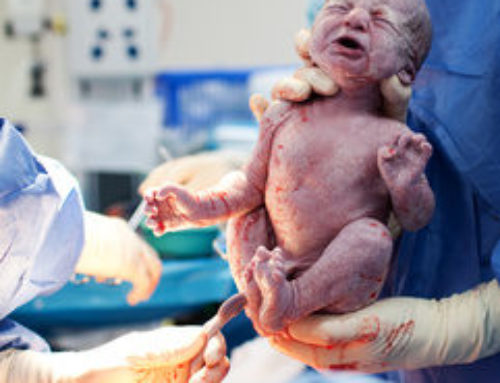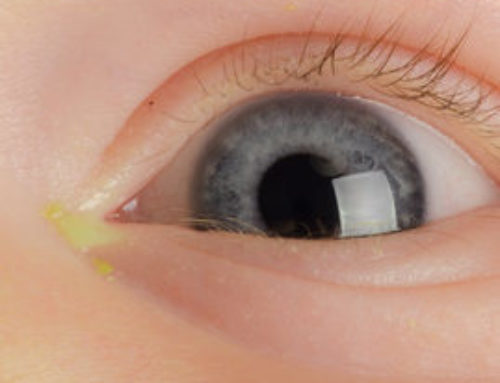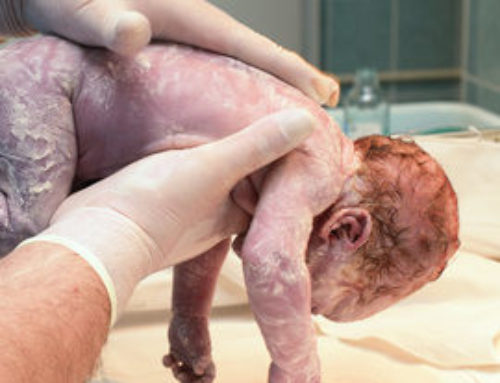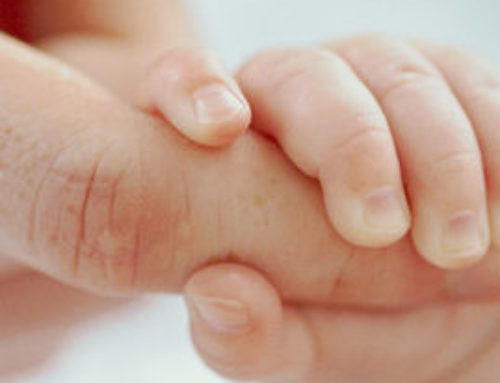Your newborn baby’s sleep patterns
We all need sleep for our health and wellbeing, and newborn babies are no different. Growth and self-regulation (of sleep) occur while babies are sleeping. Enhancing your baby’s sleep-time and avoiding unnecessary sleep disturbances are very important for their health and development. Babies who are born at term (around their due date) spend 70% of a 24 hour period asleep, while babies who are born preterm (early) sleep for up to 90% of this time.
Just like us, babies go through sleep phases which alternate between ‘light’ (also called ‘active’ or ‘rapid eye movement (REM) sleep) and ‘deep’ sleep. During light/REM sleep, your baby’s eyes are firmly closed; however, slow rotating eye movements are visible beneath their eyelids. When you watch your baby, you will notice that they make facial and mouth movements, including grimaces, smiles and frowns; they may also move and twitch and their breathing can be irregular or shallow. During this phase of sleep your baby is more likely to be disturbed and woken by a sudden noise, such as a vacuum cleaner being switched on, or a door slamming. By contrast however, when in a deep sleep, their eyes are firmly closed, their breathing is deep and steady and because they are sleeping soundly, there is no movement of their body or limbs. A baby passes through these different phases of sleep in a cycle that lasts approximately 45 minutes.
Recognising these different phases of sleep can help you to better meet your baby’s care needs; however, just like us, your baby is an individual so while some will want to be cradled or rocked to sleep, others will find this too stimulating and will tend to settle better when they are put down in their cot. Your baby may like to be swaddled; see also our article ‘Swaddling your baby’ or they may prefer to sleep with their arms free. Similarly, while some babies are not disturbed by loud noises or light, others need a quiet, darkened area to aid their sleep. In the first weeks and months of parenthood your baby’s waking and sleep phases can seem quite erratic however, their waking and sleeping tends to occur in cycles of three to four hours, often coinciding with feeding.










